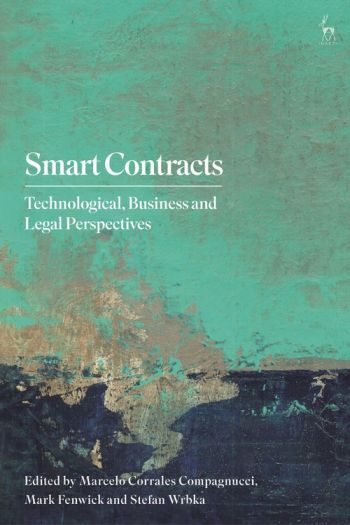
This book brings together a series of contributions by leading scholars and practitioners to examine the main features of smart contracts, as well as the response of key stakeholders in technology, business, government and the law.
It explores how this new technology interfaces with the goals and content of contract law, introducing and evaluating several mechanisms to improve the 'observability' and reduce the costs of verifying contractual obligations and performance. It also outlines various 'design patterns' that ensure that end users are protected from themselves, prevent cognitive accidents, and translate expectations and values into more user-oriented agreements. Furthermore, the chapters map the new risks associated with smart contracts, particularly for consumers, and consider how they might be alleviated. The book also discusses the challenge of integrating data protection and privacy concerns into the design of these agreements and the broad range of legal knowledge and skills required.
The use case of smart contracts goes beyond 'contracts' narrowly defined, and they are increasingly used to disrupt traditional models of business organisation. The book discusses so-called decentralised autonomous organisations and decentralised finance as illustrations of this trend.
This book is designed for those interested in looking to deepen their understanding of this game-changing new legal technology.